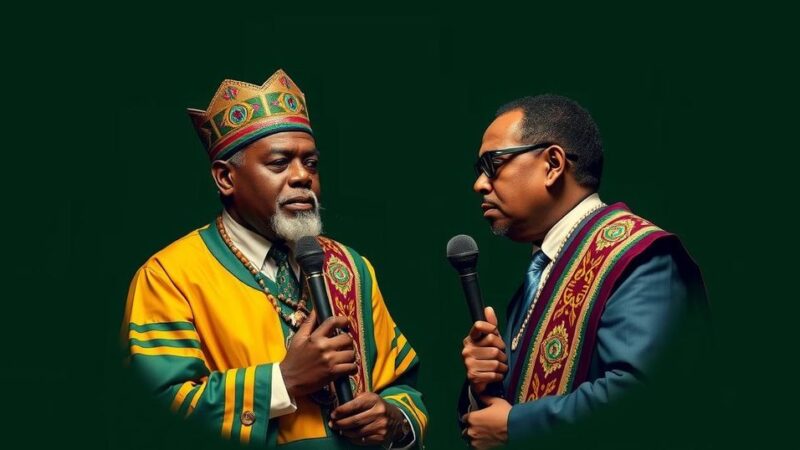The article examines the theme of inclusion during election years, highlighting the tendency of political figures to target certain groups based on societal norms around parenthood and family. It contrasts contemporary pet ownership trends with historical perspectives on family dynamics, emphasizing the need for empathy and solidarity in discourse. The piece concludes that fostering inclusion is essential for a cohesive society rather than allowing divisions to persist.
The dialogue surrounding inclusion during election years underscores a recurrent theme in American political discourse: the tendency to vilify certain groups for strategic advantage. Drawing parallels to historical perspectives, a cartoon from the St. Louis Post-Dispatch from 1900 humorously depicts societal shifts regarding pets and children, illustrating a long-standing fixation on reproductive choices. This commentary highlights the dangers of politically targeting specific demographics based on perceived societal norms, as exhibited by recent comments from public figures like JD Vance and Sarah Huckabee Sanders regarding childlessness. Vance’s critique of “childless cat ladies” reflects a dated viewpoint that essentially equates personal fulfillment with parenthood, while Sanders implies an innate moral superiority derived from motherhood. However, the underlying assumption that having children equates to humility or understanding serves to dismiss the experiences and perspectives of those who may choose differently. In stark contrast, pet ownership has blossomed in contemporary society, with pet owners investing substantial financial resources into their pets—$186 billion in 2023—outpacing national expenditures on childcare. This shift raises questions about societal values and the definitions of family, particularly in an era where political commentary often seeks to divide rather than unite. Additionally, examining replacement theory provides insight into the disparities and biases that fuel such conflicts. The promotion of division is not a novel phenomenon. History is replete with instances where marginalized groups have been scapegoated due to their distinctiveness. As illustrated by a personal anecdote from the late Jess Nelson, the persistence and necessity for empathy and solidarity transcend generational divides. Nelson’s choice to defend a fellow recruit from racial harassment poignantly reflects an ethos of inclusion that society would benefit from embracing.
Political discourse in the United States often resorts to divisive tactics, particularly during election years, where certain groups are criticized to consolidate support for particular agendas. This reflection draws from a historical lens, highlighting societal perceptions of family dynamics through the lens of 1900s cartoons, and aligns them with contemporary discourse surrounding parenthood and community identity. The rise of pet ownership as a parallel narrative underscores shifting societal values, challenging traditional notions of fulfillment tied purely to parenthood. Amidst these discussions, themes of empathy and inclusion emerge as critical components in fostering a cohesive society rather than a divided one.
In conclusion, the conversation surrounding inclusion and the politicization of family structures reveals deep societal divides that have persisted over time. While some political figures leverage narratives around parenthood for electoral gain, it is essential to recognize the myriad expressions of family and community that exist today. Emphasizing empathy and understanding, as illustrated through historical anecdotes, serves as a pathway toward greater inclusion and social harmony, reminding us to value every individual’s experience and choices, regardless of societal expectations.
Original Source: dailymontanan.com






